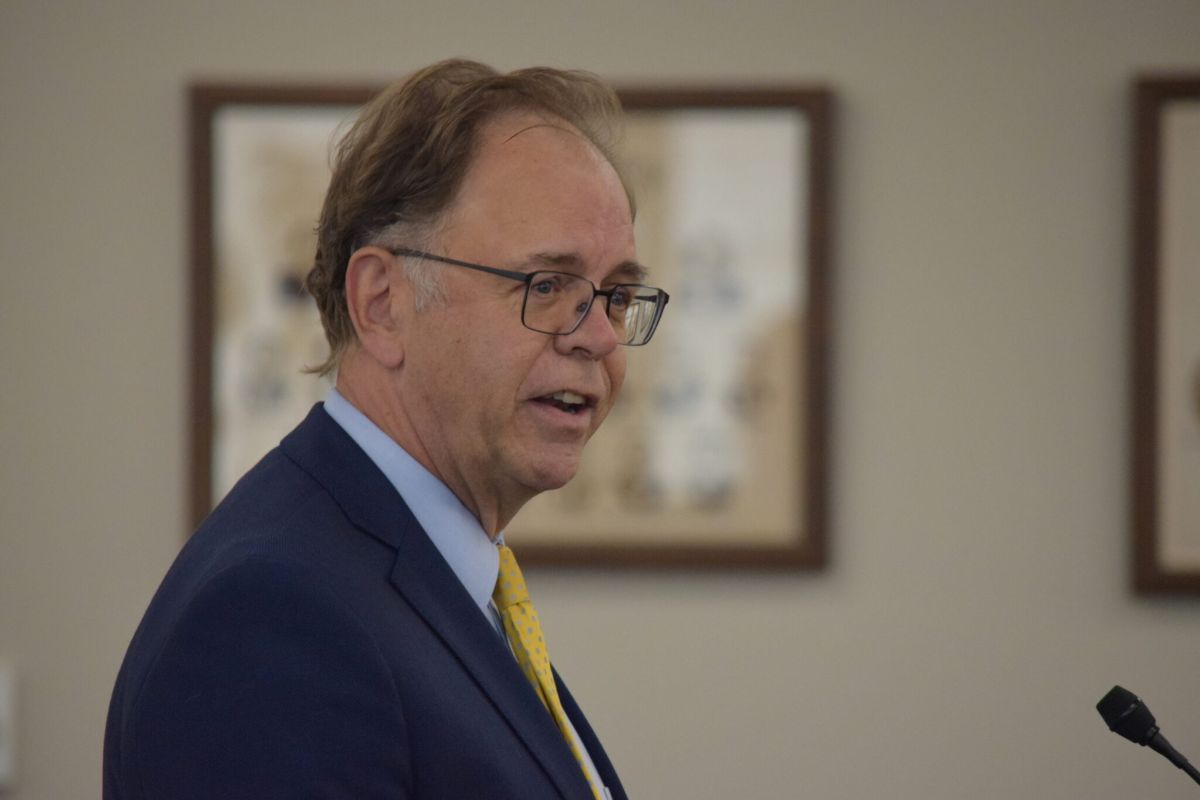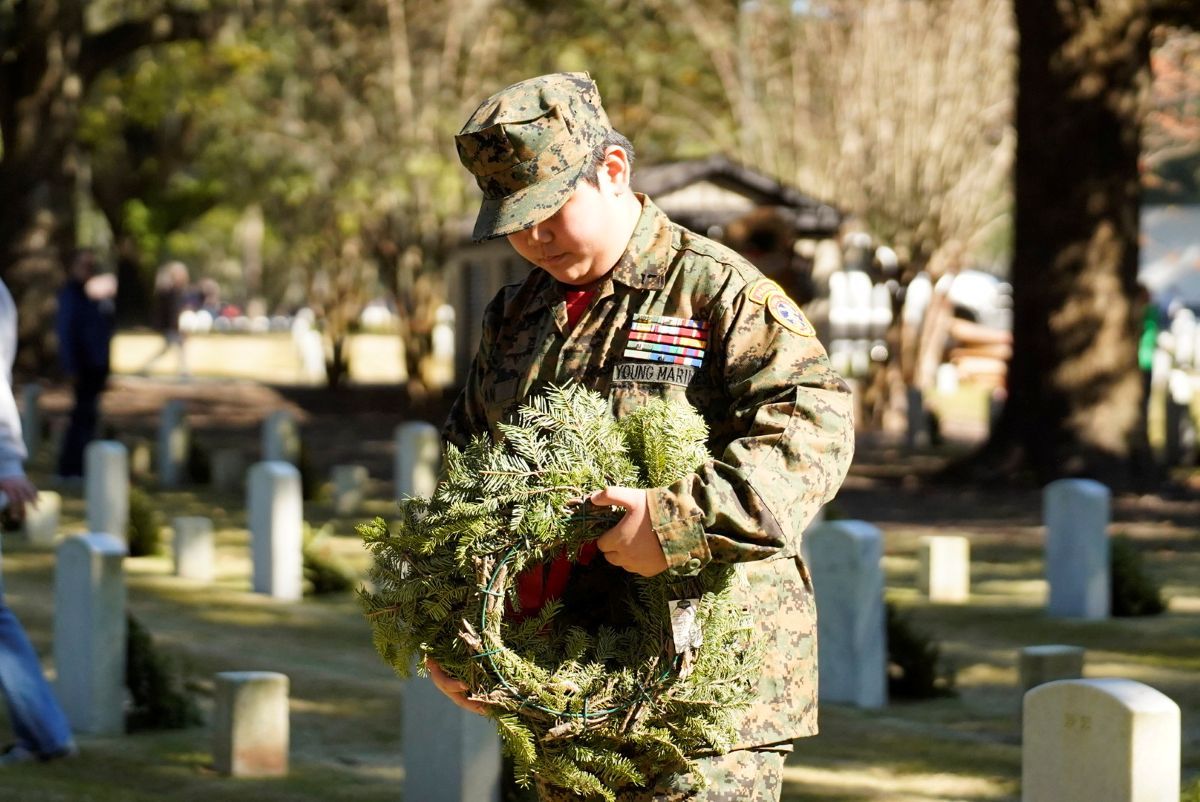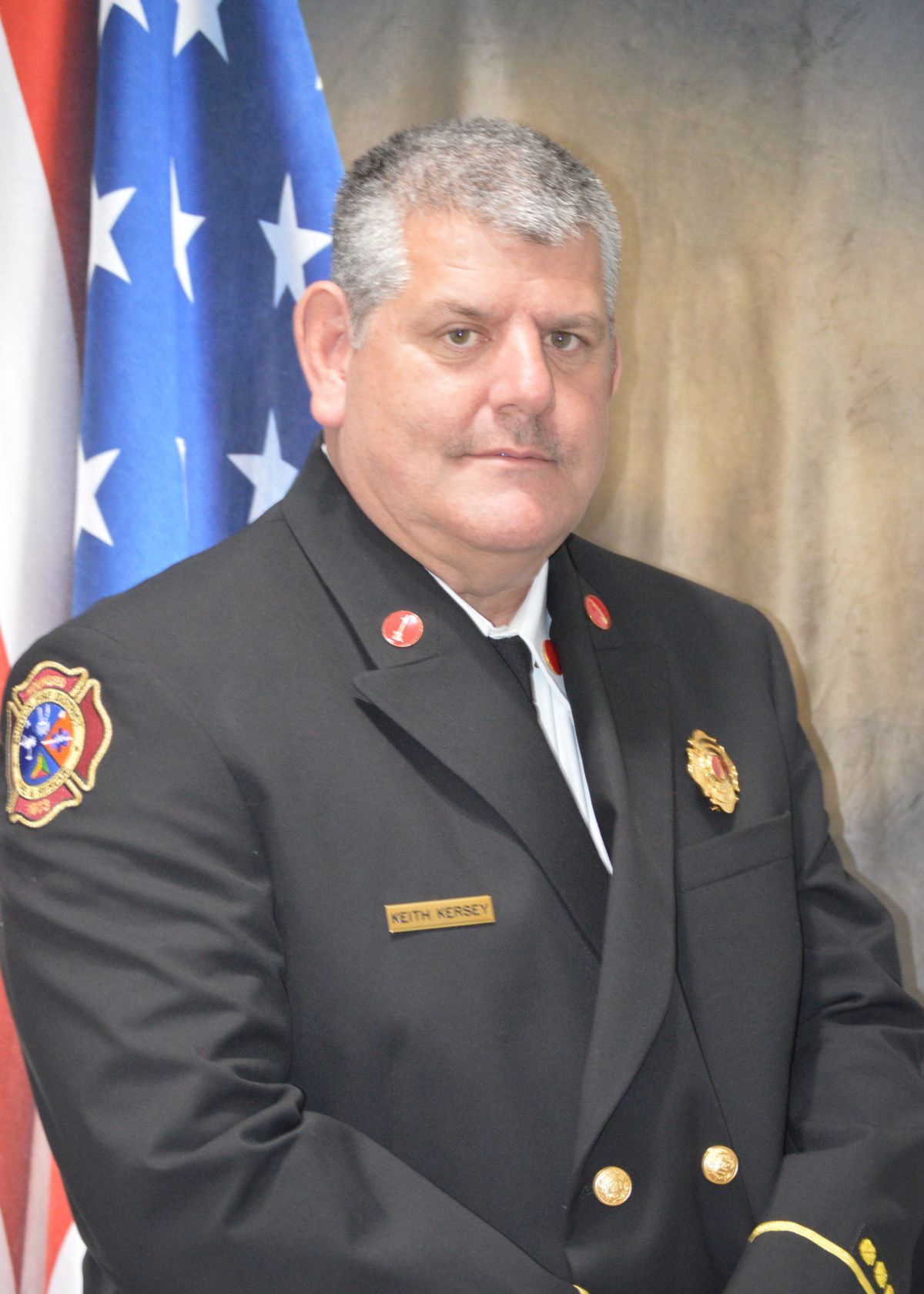Execution date set for Freddie Owens, on death row since 1999, in state’s first execution in 13 years
By Skylar Laird
SCDailyGazette.com
COLUMBIA — South Carolina’s first execution in 13 years is set for next month, the state Department of Corrections announced Friday, Aug. 23.
Freddie Owens, 46, is scheduled to die Sept. 20.
The date is determined by state law, which says an execution date must be scheduled for four Fridays after an execution notice is issued. The order came more than three years after the state Supreme Court halted Owens’ first execution date over the lack of execution options available.
Owens must choose in writing within two weeks whether he wants to die by lethal injection or firing squad. If he makes no choice, the default method is electrocution, as per a law passed in 2021.
Owens, initially sentenced to death 25 years ago, is set to be the first inmate to die by execution in South Carolina since 2011, when Jeffrey Brian Motts was executed by lethal injection, the default method at the time. Two years later, the state’s supply of the three-drug lethal cocktail used to carry out the death penalty expired, and the state Department of Corrections was unable to restock them as pharmaceutical companies refused to sell their drugs to kill people.
In an effort to enable executions to resume, legislators in 2021 passed a law reverting to the electric chair as the default method of execution and added death by firing squad as an option, while keeping lethal injection as an option if the drugs again became available. Attorneys for condemned inmates challenged the law, arguing both electrocution and firing squad are unconstitutionally cruel and unusual.
In an opinion issued July 31, Supreme Court justices disagreed in a split decision that allowed executions to resume.
Lethal injection again became an option for condemned inmates after the Legislature expanded the state’s execution secrecy law last year to keep everything about the drugs private, including who sold them. The law worked as legislators intended. The state prisons agency announced last September it was able to secure lethal drugs.
“We will now see if the Department of Corrections is able to satisfy the state and federal courts that the pentobarbital it obtained from who knows who is of sufficient purity, potency and quality to carry out a humane execution,” said John Blume, the lawyer who represented the inmates in their challenge settled last month by the state Supreme Court.
“The lack of transparency about the source of the execution drugs, how they were obtained and whether they can bring about as painless a death as possible is still of grave concern to the lawyers that represent persons on death row who potentially face an execution date,” he said.
Freddie Owens
Owens has been sentenced to death three times since his initial conviction in February 1999 for murdering Irene Graves during an armed robbery of the Greenville County gas station where the single mother of three worked an overnight shift.
Owens was on a spree of robberies with a group of friends on Halloween night in 1997. He shot Graves in the head after she said she did not know the combination to the safe at the Speedway gas station, according to court documents.
The day after a jury convicted Owens of murder, he attacked and killed a fellow inmate at the Greenville Detention Center. During his sentencing hearing the next day, he confessed to the jailhouse murder and described it in detail.
“I really did it because I was wrongly convicted of murder,” he said, according to the statement published by the solicitor.
The state Supreme Court twice sent Owens’ case back to a jury for resentencing. Both times, the jury recommended the death penalty. In 2008, the high court agreed.
In 2015, Owens legally changed his name to Khalil Divine Black Sun Allah. But Owens remains his name on legal filings and in the state Department of Corrections system for clarity’s sake, according to court filings.
Owens was twice scheduled to die in 2021.
But rulings from the state Supreme Court put his execution on hold — the first time because the state lacked the drugs needed to carry out lethal injection. The second reprieve came shortly after legislators passed the law setting the electric chair as the default method. Justices agreed with Owens’ attorney that the firing squad needed to be a real option.
The prisons agency announced in 2022, after developing protocols and renovating the death chamber, that it was ready to carry out an execution by firing squad. But another lawsuit challenged the law itself.
The state has 32 men on death row, 15 Black and 17 white. One is on death row in California for crimes committed in that state.
Owens is among five inmates who have exhausted all their appeals and are not waiting on any further court decisions. Two others have finished their normal appeals processes but are waiting for responses on other requests, the S.C. Attorney General’s Office said earlier this month.
Skylar Laird covers the South Carolina Legislature and criminal justice issues. Originally from Missouri, she previously worked for The Post and Courier’s Columbia bureau.
S.C. Daily Gazette is part of States Newsroom, the nation’s largest state-focused nonprofit news organization.











